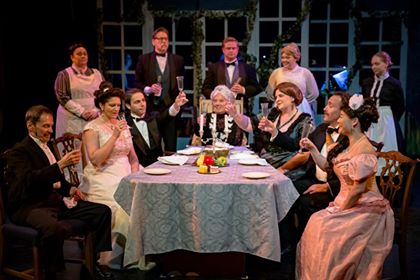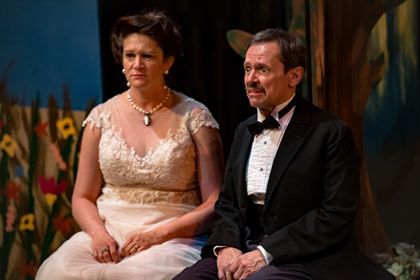This month marks the 20th anniversary of the Stonewall Inn uprising, one of the milestones in LGBTQ+ activism against injustice. And in honour of that, there are lots of LGBTQ+ cultural events and celebrations. This weekend I watched and enjoyed four pieces that are making me think about LGBTQ+ experiences and how they’ve changed in my lifetime.
First, I watched ten Netflix-hours of Tales of The City, the update or reboot or whatever of Armistead Maupin’s serialized stories portraying life in San Francisco starting in the late 1970s. Apparently the first three books were televised as miniseries a while ago and I completely missed them, but it was really cool to see new storylines about some of the characters I remembered from the books, and about a new generation of young queer artists and activists and community members who find a haven in the magical apartment building on Barbary Lane. The original short-chapter stories varied in tone like poetry, some of them so ridiculous they’d be offensive if they weren’t written affectionately by an insider, some of them just poignant punches in the gut about being rejected for being different, and some gentle lessons about building chosen family and choosing hope rather than despair. Anyway, the Netflix series captures this very well. The only characters who seemed one-dimensional or comic-relief were the twins who reinvent themselves as an Instagram sensation. Everyone else had interesting character-arcs and also provided some opportunities for the writer to explore ideas about queerness, community, family, and aging. Of the new main characters introduced in this series, I think all of them except Shawna (Ellen Page), who was present as a small child in the original books, were people of colour. I especially liked Jake (Garcia), the young Hispanic trans man. I also appreciated that aging trans landlady Anna Madrigal, played by Olympia Dukakis since the first miniseries in 1993, was played in 1966 flashback by a trans actor, Jen Richards.
After that binge-watch at home, I caught Rocketman on the big screen. It was a lot of fun, with lots of great Elton John music dressing up scenes from his life as told in flashback from an addiction recovery group session. One thing that stood out for me was the strength of his continuing friendship with lyricist Bernie Taupin.
Today I attended Drag Queens in the House storytime at the Strathcona Library. Three local performers read picture-books to the young audience members and led them in some singing and dancing. It was wholesome and delightful, and I love living in a neighbourhood where people bring their little kids to an event like this.
I also wrapped up my Nextfest viewing for this year with Boy Trouble, a solo theatre piece written by Mac Brock and performed by Maxwell Hanic. The wry likeable teenage protagonist tells the audience about his life – his neighbourhood park, his single mum, his best friend, how he realized he was gay – and then with help of projected video shows us some of his precocious explorations on Grindr. The story is lyrical and relatable, capturing how Kay feels as he goes through ordinary schooldays with a secret adult life late at night. And it becomes unexpectedly nuanced – the hookups have no harmful outcomes or cautionary tales, but his momentary longing to have an ordinary teenage experience, “what the rest of them have at every party, every dance”, an encounter where “I think he was as nervous as I was”, is the one where he’s betrayed and outed. And even that doesn’t happen in a moralistic way – we see Kay’s support strategies, his visualization, his mum, his best friend, all rallying around enough that we don’t need to see what happens next to know it’s going to be okay.
It was a great wrapup to a good Nextfest, and an appropriate ending to a weekend of stories of LGBTQ+ lives over the years.


